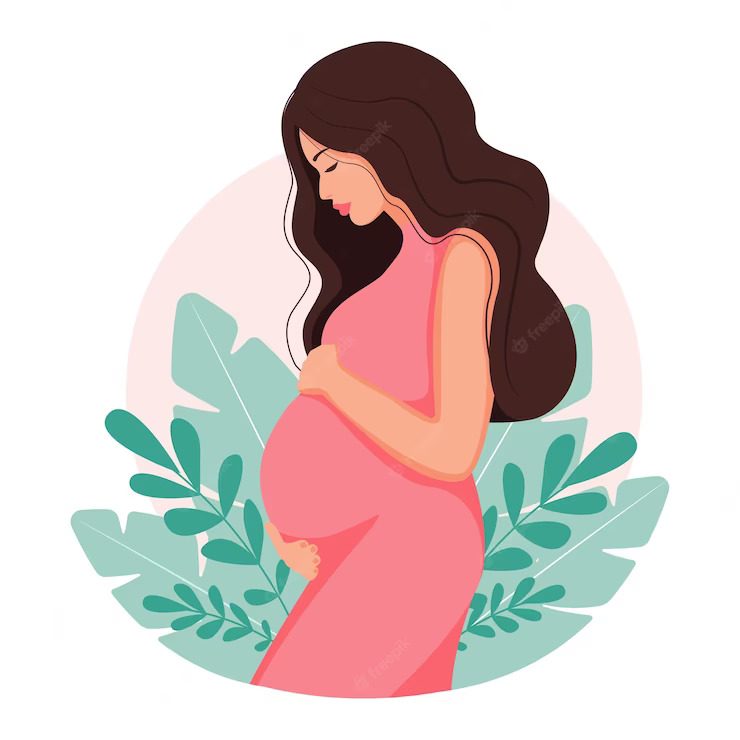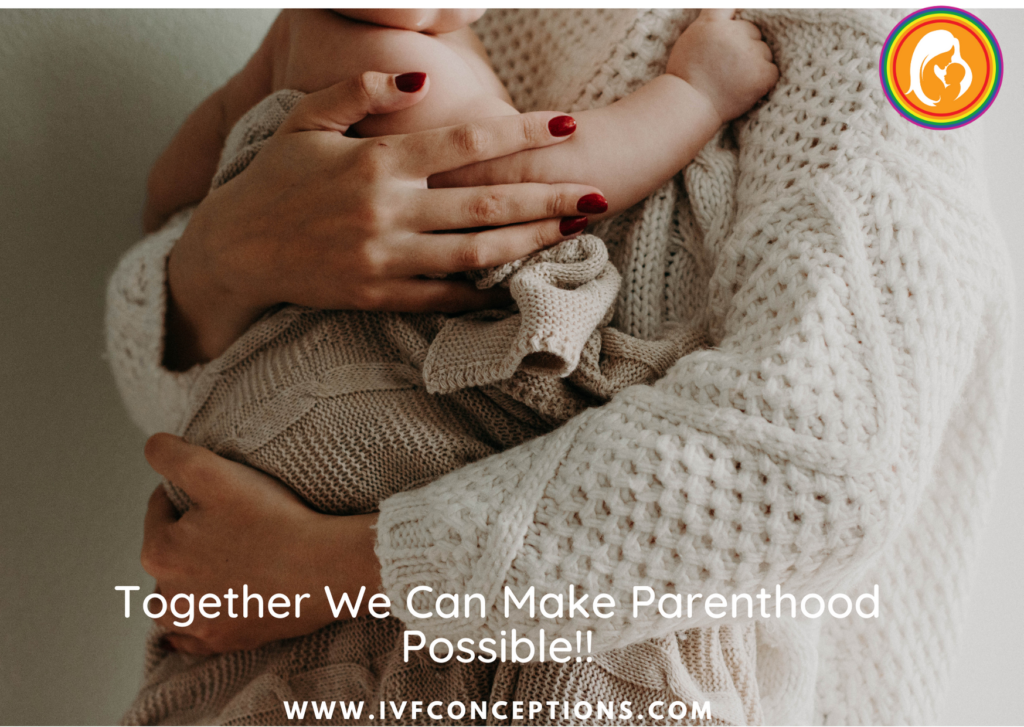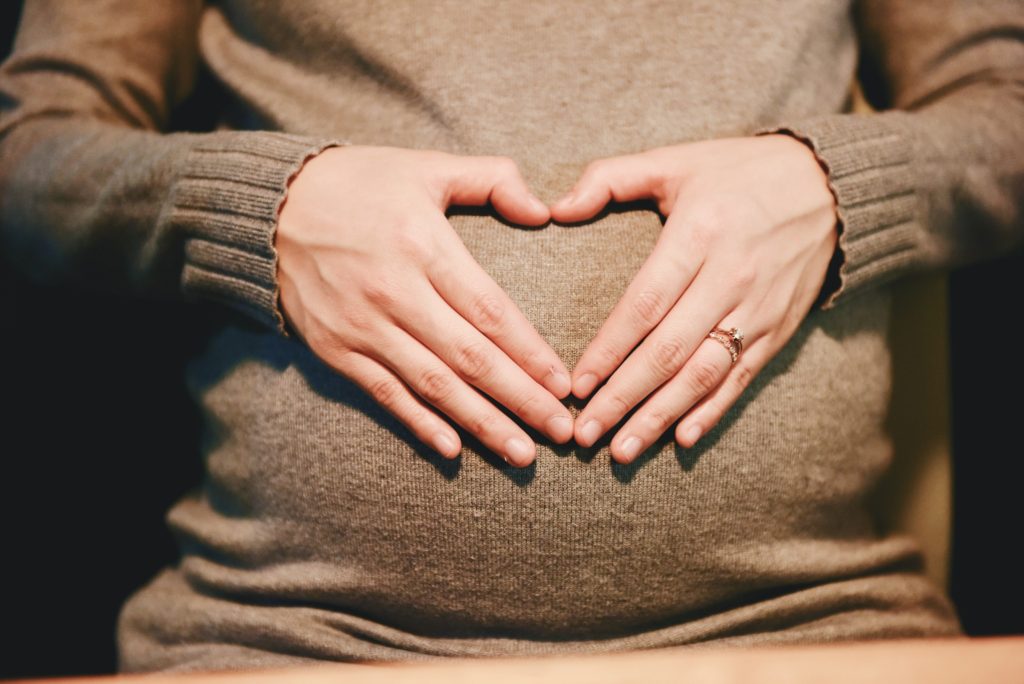Signs of Male and Female Infertility: Understanding Causes and Solutions

In the US, infertility affects nearly one in eight couples. Every year, there are nearly 6.7 million people have difficulty due to infertility. But what is infertility? Infertility is the inability to bear a child. Infertility is defined as an inability to become pregnant even after regular unprotected sex for a year. Infertility can be because of the female partner or male partner or because and we will explore signs of male and female infertility.
What is Infertility?
Infertility is defined as the inability to achieve pregnancy despite engaging in frequent, unprotected sexual intercourse for at least a year for most couples. It can be caused by various factors that may affect either one or both partners. Infertility can be a result of issues with reproductive organs, hormonal imbalances, genetic factors, lifestyle choices, or medical conditions. However, it is important to remember that there are safe and effective therapies available that can significantly improve your chances of getting pregnant.
The main sign of infertility is the inability to get pregnant, but there are other signs as well which can indicate that you are infertile. To know more about these signs, read on!

Signs of infertility in the male partner
As discussed earlier a couple can be infertile because of the infertility of the male partner or the female partner. Here we will discuss the infertility signs in the male partner.
In about 30 percent of all infertility cases, male infertility is the primary medical problem. The signs of male infertility are –
- Erectile dysfunction – It can be difficult to obtain or to keep erections due to hormonal changes, psychological factors, or physical problems. This can conflict with sex or be a sign of a fundamental problem if it is a daily occurrence. This can be because of psychological or underlying physical conditions such as diabetes mellitus, Arteriosclerosis, and peripheral neuropathy.
- Ejaculation problem – There are mainly three types of ejaculation problems as faced by men. These are as follows –
- Premature ejaculation – It has no concept that all clinicians agree on, but a patient has to ejaculate with and before minimum sexual stimulation.
- Retrograde ejaculation – The process of retrograde ejaculation is the retrograde passage of semen into the bladder rather than into the urethra.
- Retarded ejaculation – Late orgasm is a sexual disorder that is very difficult to handle. This disorder includes the patient’s inability to reach ejaculation promptly and men cannot attain orgasm in extreme circumstances.
- Hormonal changes – Several hormonal imbalances can affect the fertility of an individual. Testosterone is a crucial male fertility hormone and the testes issues that this hormone causes will lead to infertility.
- Change in testicles – Healthy testes are important for the fertility of men. Another sign of hormonal problems may be small or firm testicles that feel “tight.” Swollen, sore, or tender testes can be, on the other hand, a sign of an underlying issue, such as an infection, which may affect the quality of sperm and male fertility.
- Sexual desire changes – The fertility of a man is also linked to the health of his hormone. Virility shifts, often hormone-led, may indicate fertility problems.

Signs of infertility in female partner
According to the Centres for Disease Control and Prevention, about 10 in 100 (6.1 million) women between 15 and 44 years old have trouble becoming pregnant or remaining pregnant. Around a third of the cases of infertility are caused by women’s fertility issues.
Infertility in women can be primary or secondary. Primary infertility in women is defined as a woman who had never been pregnant in her lifetime. Secondary infertility in women is defined as a woman who had her pregnancy before but is unable to become pregnant again.
There are various signs of infertility in women. These are as follows –
- Heavy and painful periods – In some women, the flow of blood is light while in some it is very heavy such that a woman feels pain in the abdomen and cramps-like condition. Such women may be suffering from endometriosis. Endometriosis is a condition in which the tissue that makes up your uterus lining develops out of your uterine cavity. The endometrium is also the lining of the uterus. This condition may lead to infertility in many women.
- Irregular periods – The length of a menstrual cycle varies from person to person over time. Nevertheless, several people have a regular cycle, which means the time is roughly the same between each period. An abnormal cycle, including periods missing, may lead to infertility as it means that a woman may not ovulate regularly. When an ovary releases an egg, ovulation is occurring. Many problems, including polycystic ovary syndrome, can cause irregular ovulation.
- Pain during sex – Pain or dyspareunia during sex may indicate an underlying health problem that can affect the fertility of a woman. For example, infections, endometriosis, and fibroids are problems with such health.
- Hormonal changes – Thyroid dysfunction and polycystic ovarian syndrome (PCOS) are the two most common forms of fertility-related hormonal imbalance. Beyond medical care, any condition will make becoming pregnant and remaining more difficult.
Two hormonal imbalances common in infertility are:
- The number of hormone-related abnormalities such as thyroid hormone irregularities and polycystic ovary syndrome (PCOS) may decrease or entirely prevent the regularity of ovulation. This is not likely to get pregnant, because there is no egg to fertilize when ovulation is disrupted.
- Short Luteal Phases – The luteal phase is the time following ovulation immediately. Progesterone, the hormone which maintains the thickness and strength of the uterine lining, controls the length of this phase.
Risk Factors for Infertility
Several risk factors can increase the likelihood of experiencing infertility. It’s important to be aware of these factors to take proactive steps. Some common risk factors for both males and females include:
1. Age: Women’s fertility gradually declines with age, especially after the mid-30s. Men over 40 may also experience decreased fertility.
2. Tobacco use: Smoking tobacco or marijuana can reduce the chances of pregnancy and the effectiveness of fertility treatments. It can also increase the risk of miscarriages and erectile dysfunction in men.
3. Alcohol use: Both women and men should avoid excessive alcohol consumption, as it can contribute to infertility and affect sperm count and motility.
4. Weight-related factors: Being overweight or underweight can impact hormone production and fertility. Maintaining a healthy weight is crucial for reproductive health.
5. Exercise and physical activity: A sedentary lifestyle or excessively intense exercise can affect fertility in both men and women. Striking a balance and engaging in moderate exercise is recommended.
6. Environmental factors: Exposure to toxins, certain chemicals, and high temperatures can adversely affect fertility.
While some infertility factors may be beyond our control, adopting a healthy lifestyle and minimizing exposure to risk factors can enhance your chances of conception.

Prevention Strategies for Infertility
While certain causes of infertility may be unavoidable, there are strategies you can implement to increase your chances of pregnancy:
1. Timing intercourse: Engage in regular intercourse around the time of ovulation for the highest pregnancy rate. Begin intercourse at least five days before and continue until a day after ovulation.
2. Understanding ovulation: Educate yourself about the signs and symptoms of ovulation. Ovulation typically occurs in the middle of a menstrual cycle for most women with cycles lasting approximately 28 days.
3. Men’s Health: Men should avoid drug and tobacco use, limit alcohol consumption, and avoid exposure to high temperatures (e.g., hot tubs). Regular exercise, within moderate limits, can improve sperm quality and increase the chances of pregnancy.
When to see a doctor?
You will need to look out for medical help from a fertility specialist if you cannot get pregnant after these conditions-
1. If you have less than 35 years and not got pregnant without any contraception within a year of regular sex.
2. If you are above 35 years of age, and not getting pregnant without using contraception even after six months of regular sex.
Conclusion
In conclusion, infertility can be a complex and emotionally challenging journey for couples. By understanding the symptoms, causes, and available treatment options, you can make informed decisions and seek appropriate medical help.
Remember that you are not alone, and numerous resources and support systems are available to assist you throughout your fertility journey. Stay positive, communicate with your healthcare provider, and take proactive steps to enhance your fertility.
Therefore, these are infertility factors affecting both males and females. If you are experiencing any of these, just give a visit to the doctor.
If you’d like to learn more about IVF, Egg Donation, or surrogacy services globally, check out the rest of our website: IVF Conceptions. We offer legally secure and affordable surrogacy consulting services for FREE.

FAQs About Signs of Male and Female Infertility
What are the common signs of male infertility?
The main sign of male infertility is the inability to conceive a child. Other signs may include problems with sexual function, pain or swelling in the testicle area, recurrent respiratory infections, abnormal breast growth, decreased facial or body hair, and a lower-than-normal sperm count.
What are the common signs of female infertility?
Common signs of female infertility include irregular menstrual cycles, hormonal imbalances, painful periods, pelvic pain, recurrent miscarriages, and age-related fertility decline.
Can infertility affect both men and women?
Yes, infertility can affect both men and women. It is estimated that in up to half of infertile couples, male infertility plays a role.
What are the potential causes of male infertility?
Potential causes of male infertility include low sperm production, abnormal sperm function, blockages in the reproductive tract, hormonal imbalances, genetic disorders, infections, chronic health problems, lifestyle choices, and certain medications.
What are the potential causes of female infertility?
Potential causes of female infertility include hormonal imbalances, ovulation disorders, blocked fallopian tubes, uterine abnormalities, endometriosis, polycystic ovary syndrome (PCOS), age-related factors, and certain medical conditions or treatments.
How is male infertility diagnosed?
Male infertility can be diagnosed through a physical examination, semen analysis to evaluate sperm count, motility, and morphology, hormone testing, genetic testing, imaging tests, and specialized procedures such as testicular biopsy.
How is female infertility diagnosed?
Female infertility can be diagnosed through a comprehensive medical history review, physical examination, hormone testing, imaging tests (e.g., ultrasound), hysterosalpingography (HSG) to assess the fallopian tubes, and specialized procedures like laparoscopy to examine the reproductive organs.
Are there any natural remedies for improving fertility?
While certain lifestyle changes and natural remedies may support fertility, it is important to consult with a healthcare provider for personalized advice. Some strategies that may be beneficial include maintaining a healthy weight, managing stress, avoiding excessive alcohol and tobacco use, exercising regularly, and following a balanced diet.
When should I consult a doctor regarding infertility?
It is generally recommended to consult a doctor regarding infertility if you have been unable to conceive after a year of regular, unprotected intercourse. However, you should seek medical help sooner if you have specific concerns or if you are over the age of 35.
What treatment options are available for male infertility?
Treatment options for male infertility depend on the underlying cause and may include addressing any medical conditions, lifestyle modifications, hormonal therapies, surgical interventions (e.g., varicocele repair), assisted reproductive techniques (e.g., intrauterine insemination, in vitro fertilization), or the use of donor sperm.
What treatment options are available for female infertility?
Treatment options for female infertility depend on the cause and may include lifestyle changes, fertility medications to stimulate ovulation, surgical interventions to address structural issues, assisted reproductive techniques (e.g., intrauterine insemination, in vitro fertilization), or the use of donor eggs.
Can lifestyle choices impact fertility?
Yes, certain lifestyle choices can impact fertility in both men and women. Factors such as excessive alcohol or tobacco use, drug abuse, obesity, poor nutrition, stress, and exposure to environmental toxins can have negative effects on fertility.
What are the emotional effects of infertility?
Infertility can have significant emotional effects on individuals and couples, including feelings of sadness, grief, anger, frustration, anxiety, and a sense of loss. It can also strain relationships and impact self-esteem. Seeking emotional support and counseling can be beneficial during this challenging time.
Is infertility reversible?
The reversibility of infertility depends on the underlying cause. In some cases, infertility can be treated and overcome, while in other cases, it may be permanent. The success of infertility treatments varies depending on individual circumstances.
Resources Used:

